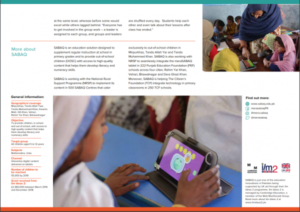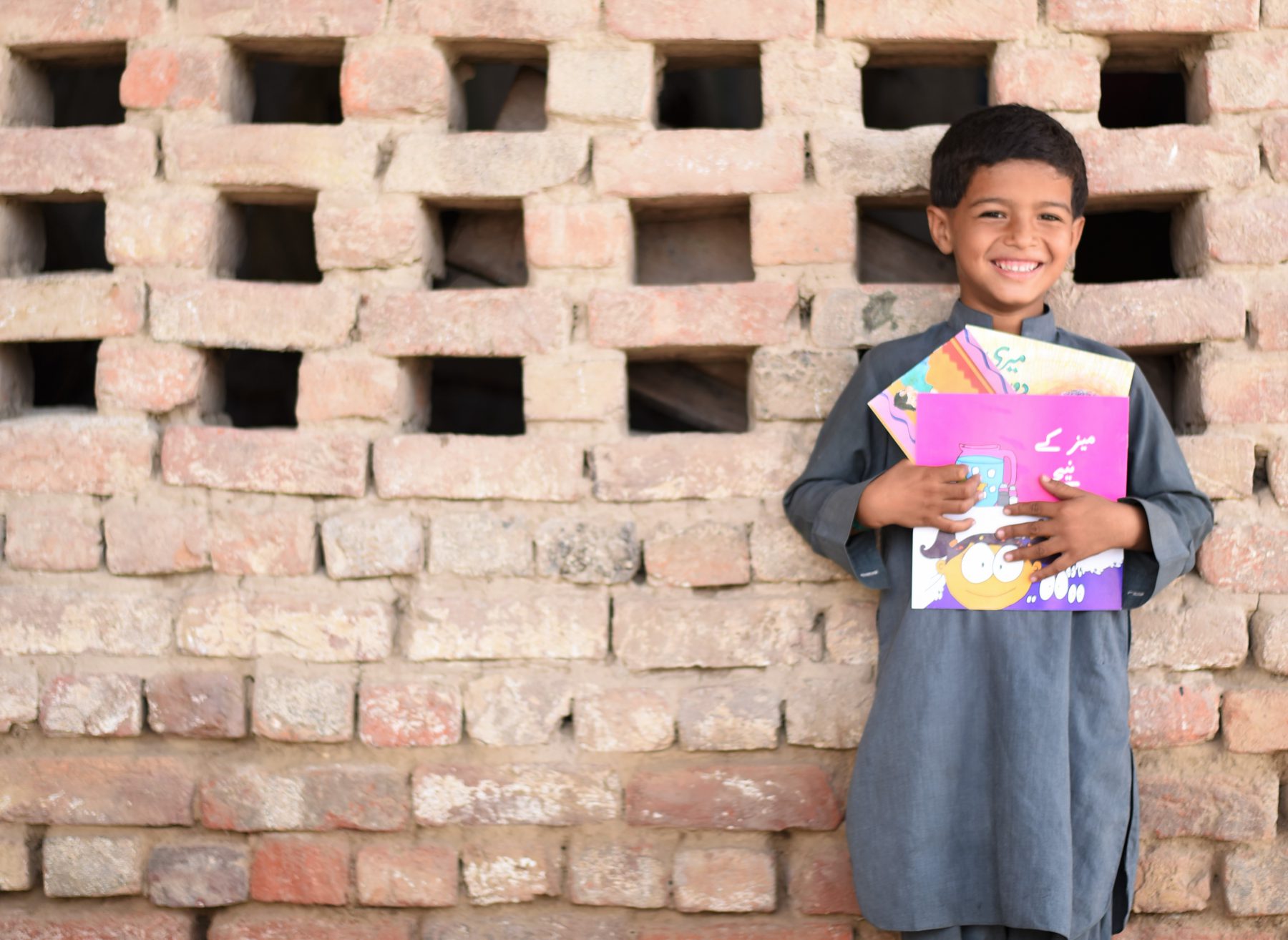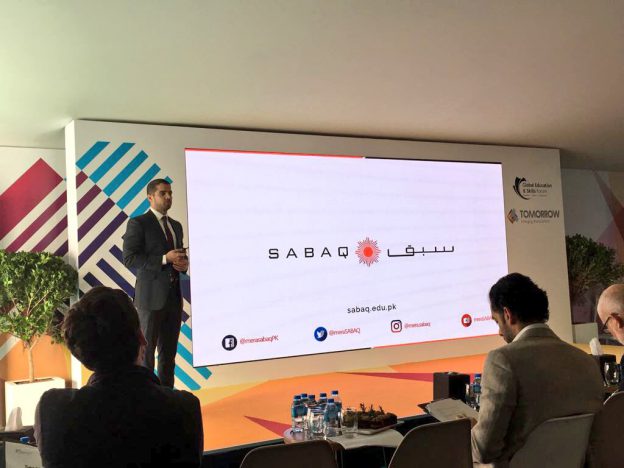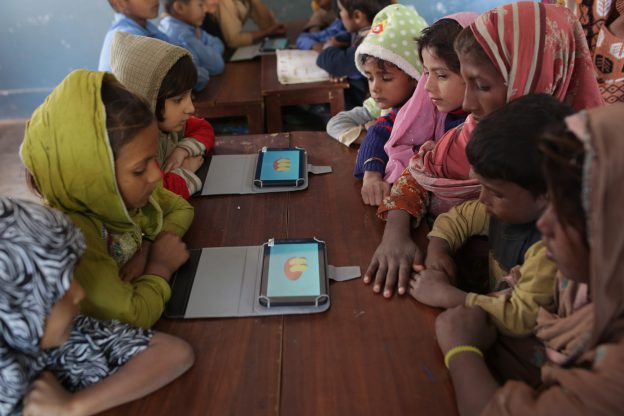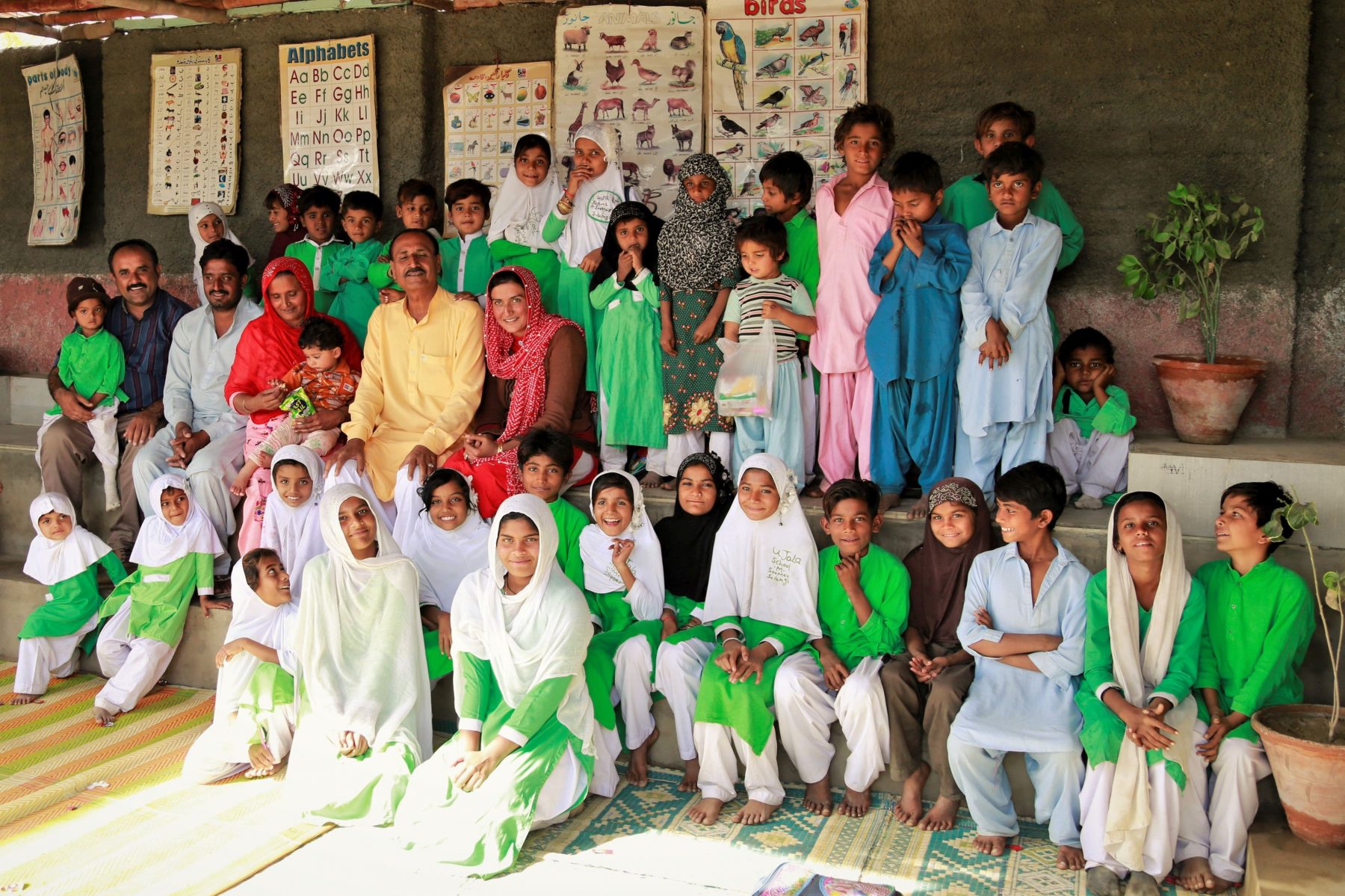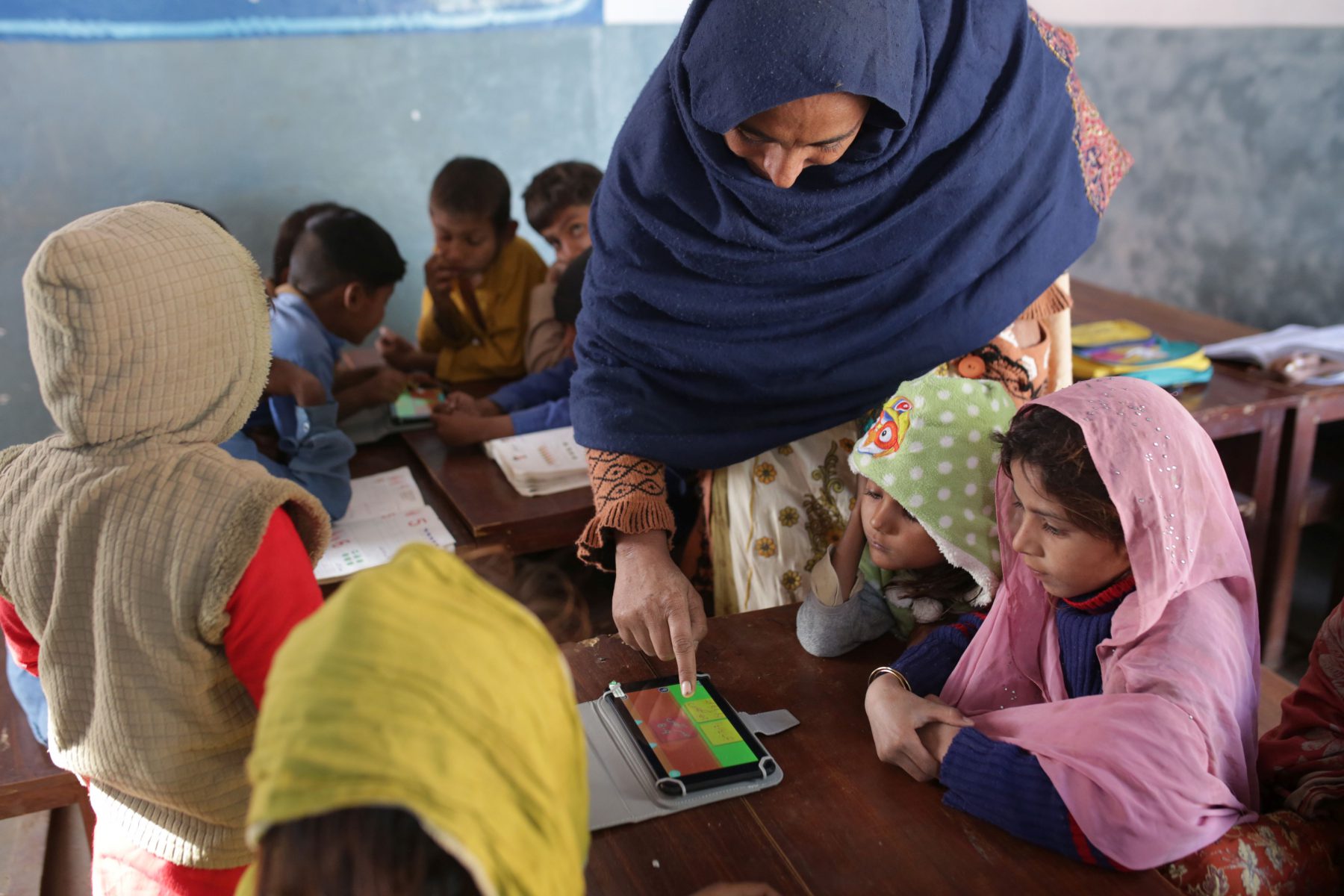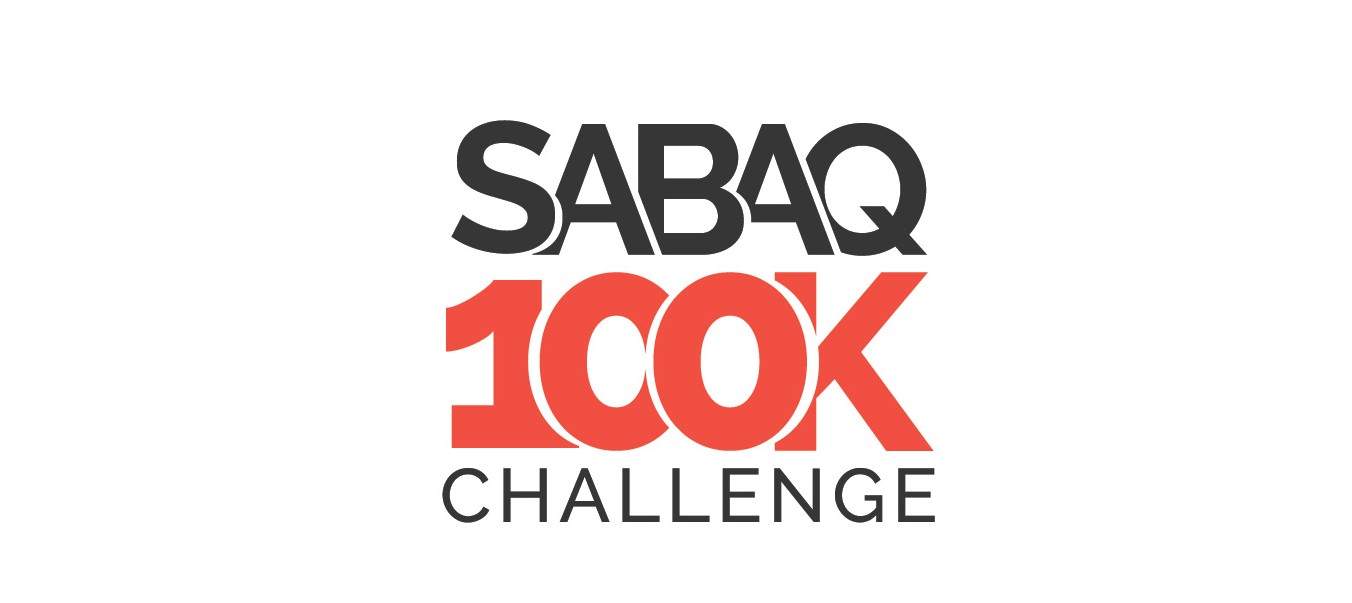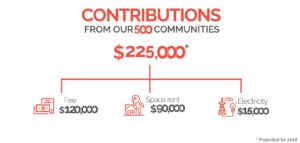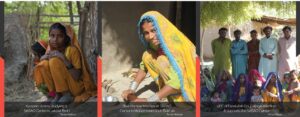Over 22.6 million children in Pakistan are still out-of-school.
Even the entire population of Karachi is less than that.
If Pakistan hopes to defeat this monstrous educational crisis while we are well and alive, we will have to take matters into our own hands. Traditionally, formal education has always been considered as the more streamlined and important, if not the only, method of education. However, in cases like ours, it is extremely important to not discount the growing role that non-formal education continues to play.
Non-formal education includes all educational activity that takes places outside of a structured, formal learning system. Where public and private schools fall under formal education, all other avenues of learning without formal certification, fall under non-formal schooling. Non-formal serves people who have limited access to formal education such as children in villages who might not have proper resources, with accelerated learning. It has shown astonishing results in a vast range of countries from the likes of Bangladesh and Ghana to Japan and Turkey. According to the Chairperson of National Commission for Human Development, Razina Alam Khan, Pakistan can hope to achieve 90% literacy and 100% enrollment rate, only if we fully embrace non-formal education.
For the last 3 years, we at SABAQ, have been working to decrease illiteracy in Pakistan by providing digital solutions to out-of-school children in marginalized and underprivileged villages of Sindh to teach them basic numeracy skills and Urdu literacy.
Our method of educating the country’s youth has diverse aspects, some of which are:
SABAQ Centers:
We have upwards of 500 SABAQ Centers, where children come to learn Urdu and mathematics. People of a given village or community provide the space and sustainability to the SABAQ Centers.
SABAQ Tabs
Every 3 students share the SABAQ Tab between them, which is chock-full of fun learning materials with engaging graphics and relevant practice tests.
Facilitators
After an in-depth training, a Facilitator is assigned to each SABAQ Center to manage its students and provide support, as and when needed.
This system has proved to be a huge success in teaching children, but there are some aspects of well-rounded growth and development that just cannot be taught through technology. How to hold a pencil, for instance; or how hard to grip it if you want to write. Most of us take this knowledge for granted, forgetting that we all started from somewhere, too. The only difference is, those avenues just aren’t available for these children. Studies show that touch and sight aren’t necessarily interconnected, so both the senses need to be stimulated for timely growth and development in children. When done well, it can provide an excellent foundation for developed fine-motor skills. Otherwise, it leads to problems of poor self-esteem and hampers actual life skills. Reading, on the other hand, helps children develop their imaginations and improve their focusing and concentration abilities.
Since the SABAQ Tab is filled with fun visuals, students haven’t been afforded the opportunity to read stories on traditional printed media or develop the sort of critical thinking that application of theoretical concepts provides. Given the level of complexity that ensures healthy development, we want to help kids learn their Huroof-e-Tahajji and numbers in an engaging and interactive way, but at the same time, we also want to help them develop their capacity to think strategically and approach problems with a “Can do!” mindset. To further this cause, we want to provide all SABAQ Centers with an Educational Kit packed with writing supplies, books and learning-through-play resources to fulfil the tactile, visual and cognitive requirements of growing children.
In order to finance the efficient development of children on our 500+ Centers, we have paired with an online funding organization called Global Giving that helps NGOs all over the world raise money for socially beneficial causes. With the help of this website – and you! – we hope to provide a more holistic education to kids, to help them grow and progress in life. The campaign started on the 11th of June, and will run until the 30th of June.
Help us teach these children the essential skills necessary for a full and happy development!
Click here to donate to this cause.

